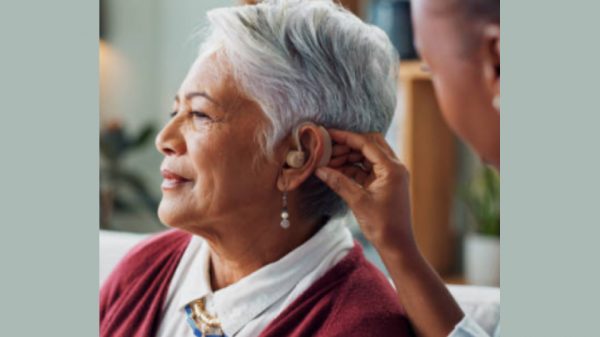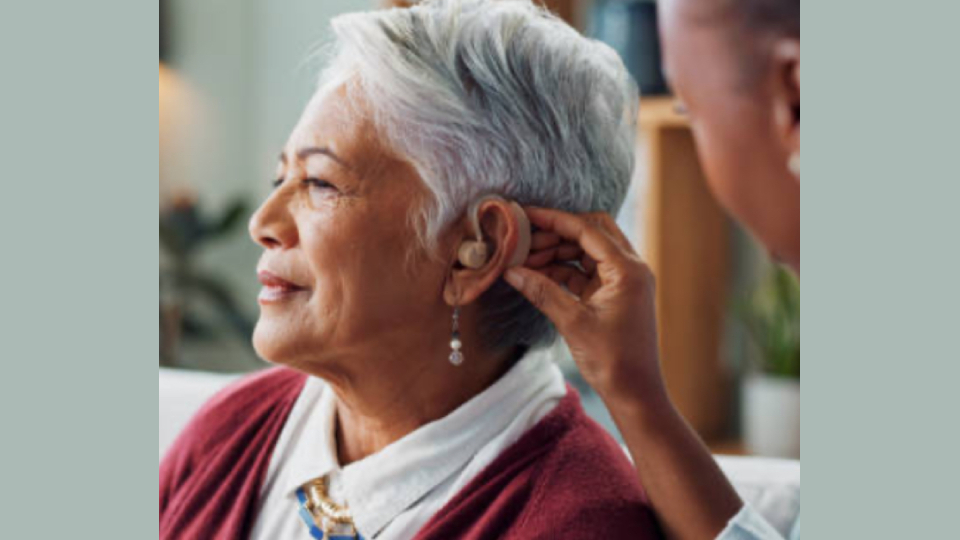Are you concerned about your loved one’s hearing? Many seniors experience hearing loss, but early detection can make a big difference. With the right care, they can continue to enjoy life and stay connected.
Addressing hearing loss early can help prevent further issues and improve communication. From hearing aids to regular check-ups, there are many ways to support better hearing.
Want to learn how you can help your loved ones hear better? Keep reading to discover the importance of early detection and care for hearing loss in seniors.
Signs of Hearing Loss
They might often ask others to repeat what was said. Another sign is turning up the volume on the TV or radio. People may sound like they are mumbling, even if they aren’t. Seniors may avoid social events because it’s hard to follow conversations. Sometimes, they speak loudly because they can’t hear their own voice well.
Ringing or buzzing in the ears, known as tinnitus, is common too. These are early indicators of hearing loss in seniors. If you notice these signs, it’s important to get help early.
Early Detection Methods
Seniors should visit a hearing specialist if they notice any signs of hearing loss. Listening to quiet sounds or speech in a quiet room can help spot issues. Another method is checking for tinnitus, a ringing sound in the ears.
Family members can also help by noticing when communication becomes harder. It’s important to keep track of changes in hearing over time. Hearing loss may be gradual, so early tests can catch it early.
Treatment Options Available
These devices come in different styles and can be adjusted to fit each person’s needs. For some, cochlear implants may be recommended if hearing aids are not enough. These implants help send sound signals directly to the brain. In some cases, medications or surgery can be used to treat hearing problems.
Therapy and training can also help seniors adapt to hearing loss. Speech reading or lip reading can improve communication. Regular follow-ups with an audiologist ensure the treatment is effective and continues to meet the senior’s needs.
Supportive Communication Tips
When speaking to seniors with hearing loss, face them directly and make sure they can see your lips. Speak clearly and at a normal pace, but avoid shouting. Keep your sentences short and simple to make understanding easier. Try to reduce background noise, like turning off the TV or radio.
Use gestures or body language to help explain what you’re saying. Be patient and give them time to respond. If they don’t understand, try rephrasing instead of repeating.
Hearing Aids and Care
These devices amplify sounds, making it easier to hear conversations. It’s important to choose the right type of hearing aid for each individual’s needs. Regular cleaning and maintenance are necessary to keep hearing aids working well.
Seniors should also replace the batteries as needed to avoid any issues. An audiologist can help adjust the hearing aids for the best sound quality. It’s important to have regular checkups to ensure the hearing aids are still effective.
Learn More About Hearing Loss in Seniors
Hearing loss in seniors can affect their quality of life. Early detection and care are key to managing the condition. Hearing aids and other treatments can make a big difference.
Supportive communication also helps seniors stay connected. With the right care, seniors can enjoy better hearing and a happier life.
Looking for more tips and ideas? We’ve got you covered. Check out some of our other posts now.

































































